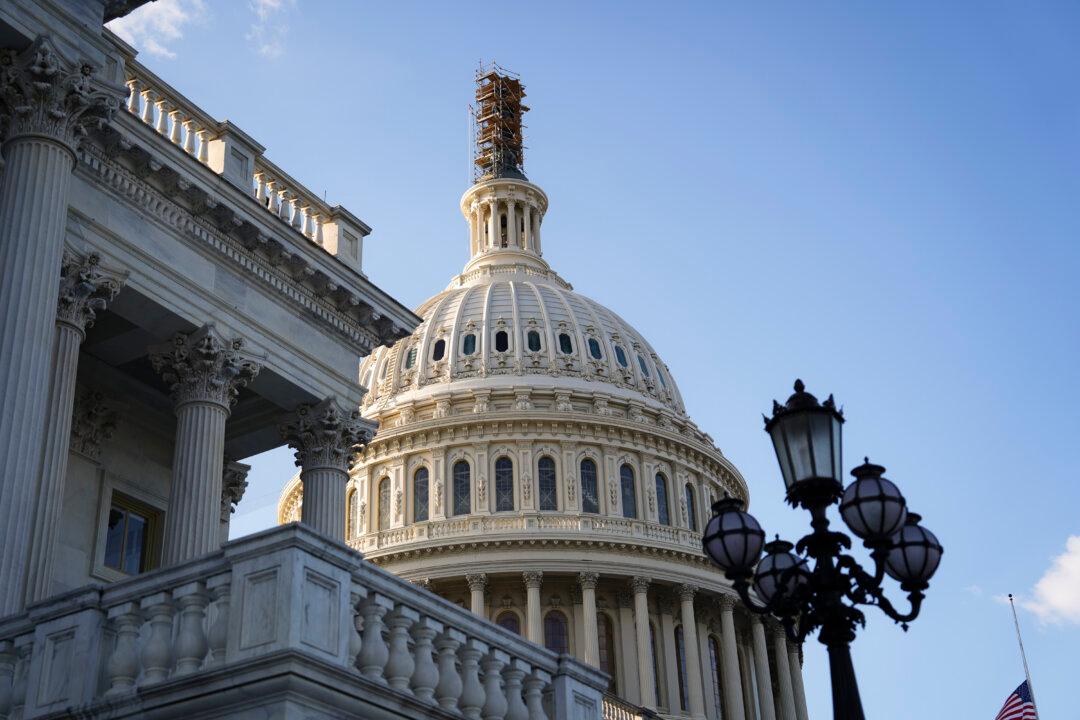The House overwhelmingly passed on Nov. 3 a bill that would impose sanctions on Iranian oil.
It passed 342–69 and comes as the Iran-backed Hamas and Hezbollah terrorist groups have launched attacks on Israel. Iran is a major producer and exporter of petrochemicals, with China being the major importer. Additionally, the funds the regime receives helps finance terrorist groups.





